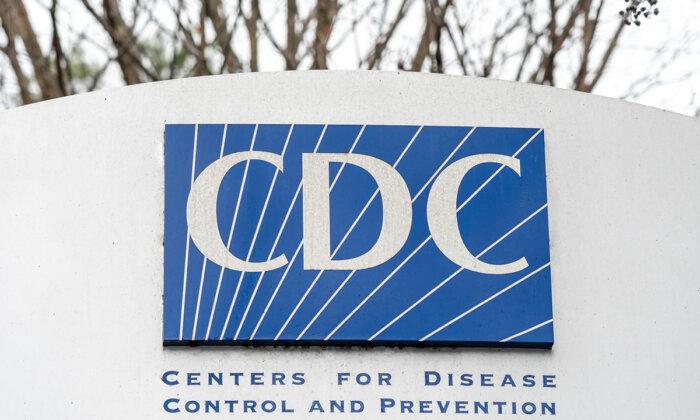A novel blood test designed for speedier diagnosis of a debilitating illness that affects tens of millions of people worldwide shows potential for accurately detecting myalgic encephalomyelitis/chronic fatigue syndrome (ME/CFS), according to a recent study published in Advanced Science.
The single-cell Raman spectroscopy method successfully determined disease presence and severity in close to 100 study participants with 91 percent accuracy.
What Is Raman Spectroscopy?
Raman spectroscopy uses light scattering and molecular vibrations to analyze the chemical composition of a substance and create a “molecular fingerprint.” Single-cell Raman spectroscopy enlists artificial intelligence to “interrogate individual cells” to distinguish between individual cell types, according to the study authors.Abnormal Metabolite Levels in Diseased Patients
The team of University of Oxford-based researchers focused on a specific cell type known as peripheral blood mononuclear cells (PBMCs). Researchers analyzed the PBMCs of 61 patients with mild, moderate, or severe ME/CFS and compared them with 37 controls (some healthy and some with multiple sclerosis, which has clinically similar symptoms to ME/CFS).Analyses showed that both ME/CFS and MS subjects had notably elevated levels of the essential amino acid tryptophan, related to mood and fatigue, in their PBMCs compared with healthy controls.
What Is ME/CFS?
ME/CFS is a complicated illness involving severe fatigue that gravely affects quality of life. Its origins are unclear, but science suggests that ME/CFS emerges because of an atypical reaction to an enterovirus infection. Genetics may also play a role.According to the National Institutes of Health, up to 2.5 million Americans have ME/CFS. One in four people are either bedbound or housebound at some point in the disease. Unfortunately, the prognosis is poor, and most people never regain their whole pre-disease level of functioning. People of all ages, races, and socioeconomic groups can develop ME/CFS, but women are two to four times more likely to be affected than men.
According to the U.S. Centers for Disease Control and Prevention, patients are often overwhelmed by a tiredness that can’t be remedied no matter how much they sleep. What may seem like simple tasks are exhausting for people with ME/CFS. They can get wiped out by going to the grocery store, showering, or attending a child’s school event.
- Brain fog.
- Dizziness or lightheadedness.
- Weakness or fainting after standing up.
- Muscle pain, weakness, and aches.
- Joint pain without swelling or redness.
- Headaches, either new or worsening.
- Tender lymph nodes in the neck or armpits.
- Recurring sore throat.
- Digestive issues such as irritable bowel syndrome.
- Chills and night sweats.
- Allergies and sensitivities to foods, odors, chemicals, light, or noise.
- Shortness of breath.
- Irregular heartbeat.
Diagnostic Potential for Other Diseases
“Blood-based biomarkers may prove useful in quickly and accurately diagnosing ME/CFS by supplementing current sets of indicators measured during routine medical check-ups,” the study authors wrote. An objective blood draw provides a clear snapshot of disease status that can better inform treatment by allowing doctors to track how the disease progresses.“Early diagnosis would enable patients to manage their conditions more effectively, potentially leading to new discoveries in disease pathways and treatment development,” the authors wrote.
They also expressed optimism about the potential of blood-derived markers, as they may prove useful in differentiating diseases with overlapping symptoms with ME/CFS, such as MS, fibromyalgia, chronic Lyme disease, and long COVID.







